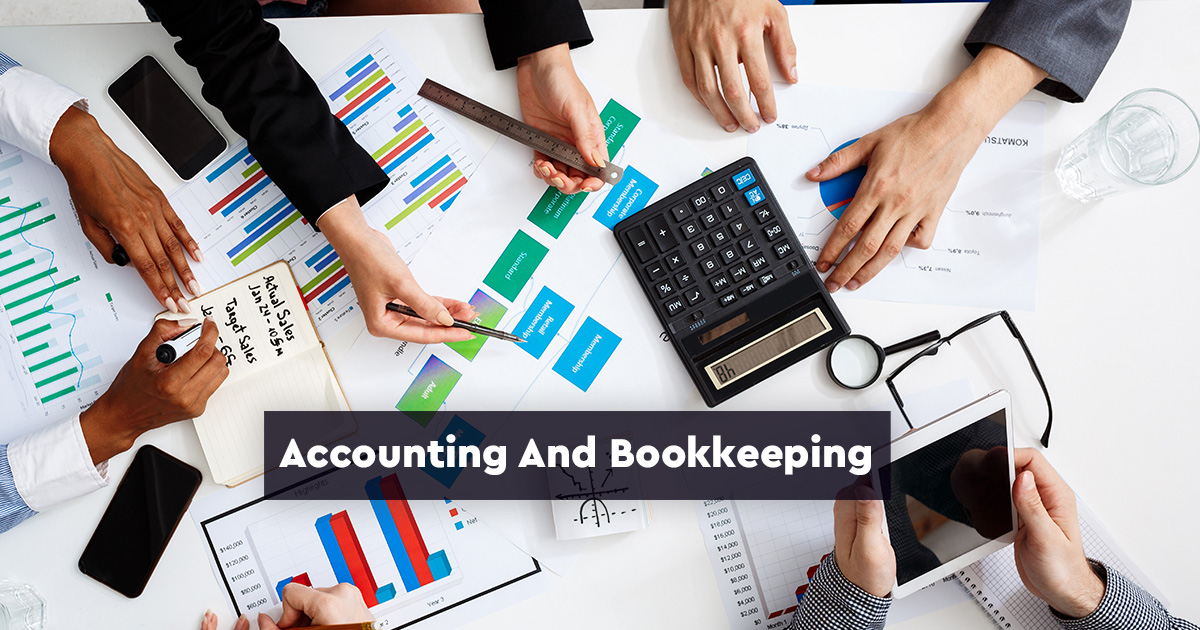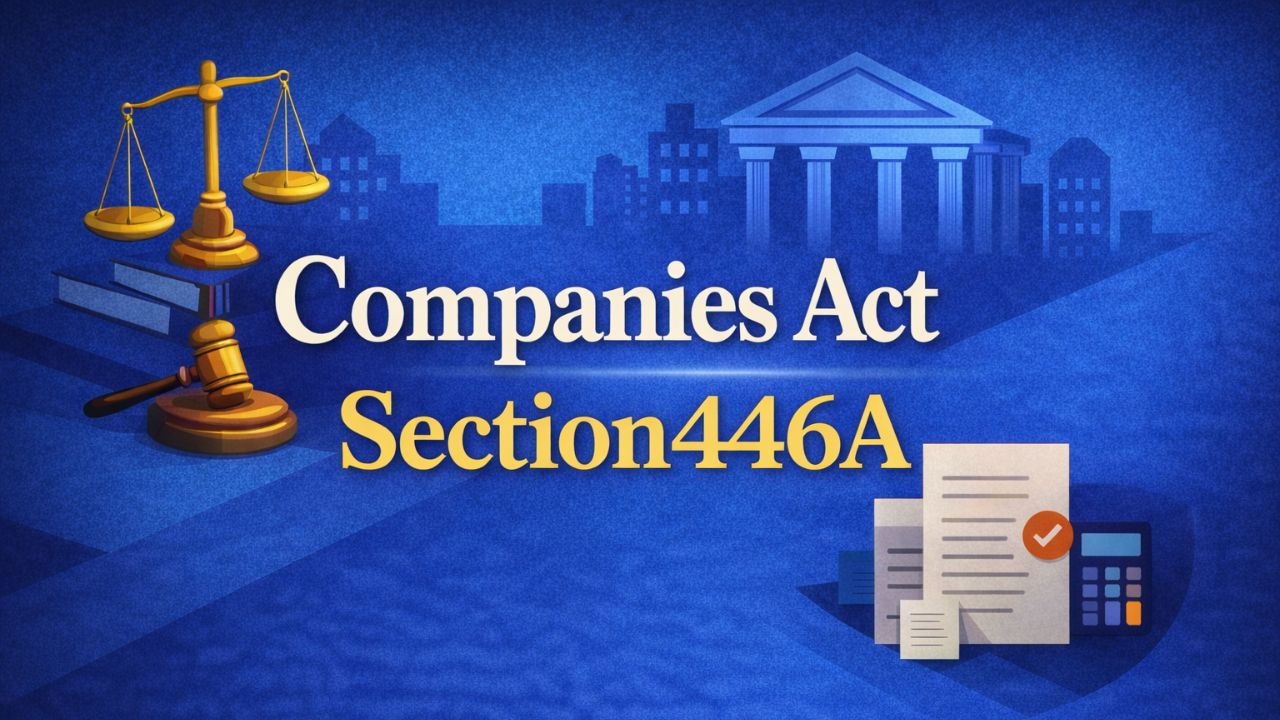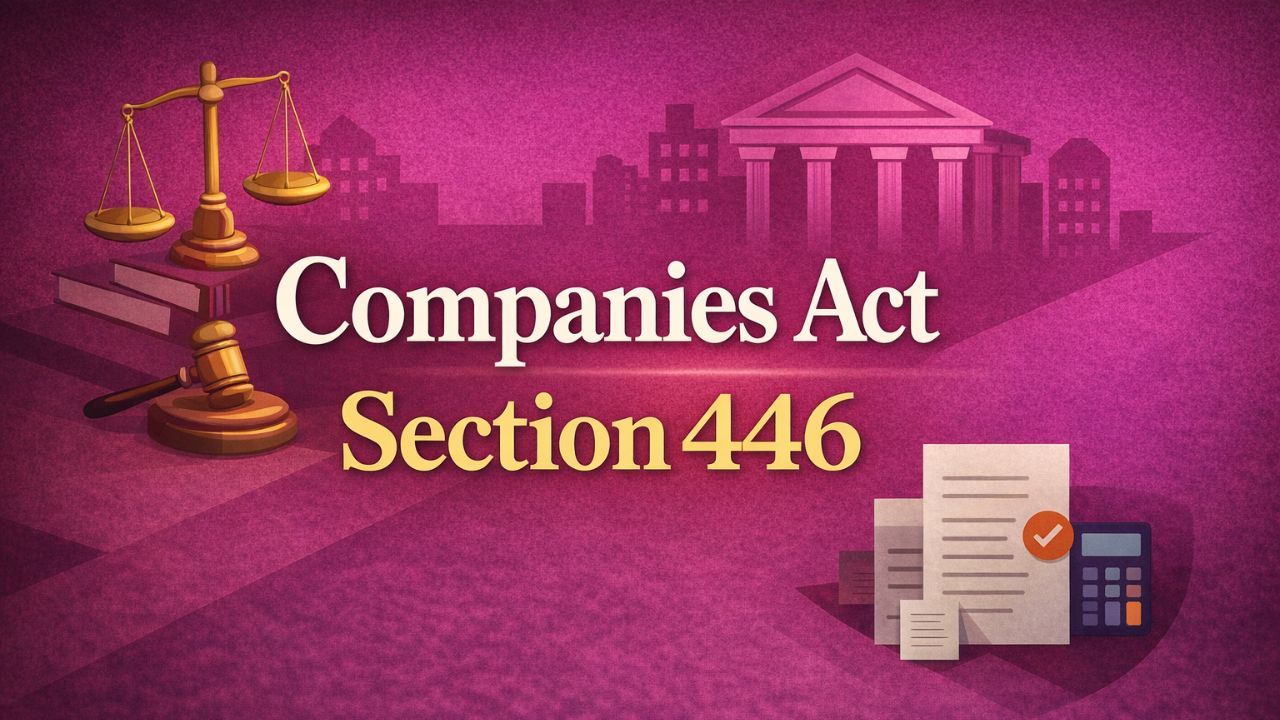
CONNECT TO AN EXPERT
Bookkeeping and accounting are the two most important processes which are very important for every business group. Bookkeeping is used in a business to record financial transactions whereas accounting is used to interpret, classify, analyze, report, and summarize the financial data. Though bookkeeping and accounting seem to be similar, there is a thin line to differentiate between them.
Bookkeeping is the system of recording and maintaining all financial transactions chronologically in a systematic way in the original books of entry of a business. All the financial transactions including the payment of taxes, loans, sales revenue, payroll interest income, and other operational expenses, investments, etc. are maintained in the original books of accounts.
Accounting is the system of understanding, examining, reporting, and summarizing the financial transactions of a business organization. Accounting means compiling and maintaining the records of the daily transactions of a company into financial statements like balance sheets, income statements, and statements of cash flows.
Difference between Bookkeeping and Accounting
Though bookkeeping and accounting seem to be similar because both deals will financial data, there are some differences which are as follows:


Offices in India


Years Experience


Your Time


Back Guarantee
Credence Corporate Solutions Pvt Ltd is one of the leading Online Business Solution Company in India, where any Large, Medium or Small business houses as also Entrepreneurs get Start-up services and Taxation solutions. One stop business set-up and corporate services company. We are a team of Professionals and Associates like Chartered Accountants, Company Secretary and Consultants with vast knowledge and experience, committed to provide consistent, customized and workable solutions in the fields of ROC, Taxation, Accounting, Labour Laws, Audits, etc...
Read MoreGet the latest company news, corporate information, and more on Credence Corporate Solutions. View this section for the recent information on Company Registration, Licenses, GST, Income Tax, Trademark, Product Mark and other topics. Get to chat with our business experts, read business articles, and stay up-to-date on the newest business news.
 Feb 26, 2026
Feb 26, 2026
Companies Act, Section 446A: Detailed Factors for Determining the Level of Punishment Section 446A of the Companies Act, 2013 lays down a structured framework to help ...
Read More Feb 25, 2026
Feb 25, 2026
Companies Act, Section 446: Application of Fines Imposed Section 446 of the Companies Act, 2013 deals with how fines imposed by courts in corporate offence cases may b...
Read More© 2020 CREDENCE CORPORATE SOLUTIONS PVT. LTD. | Website by Wits Digtal Pvt. Ltd.